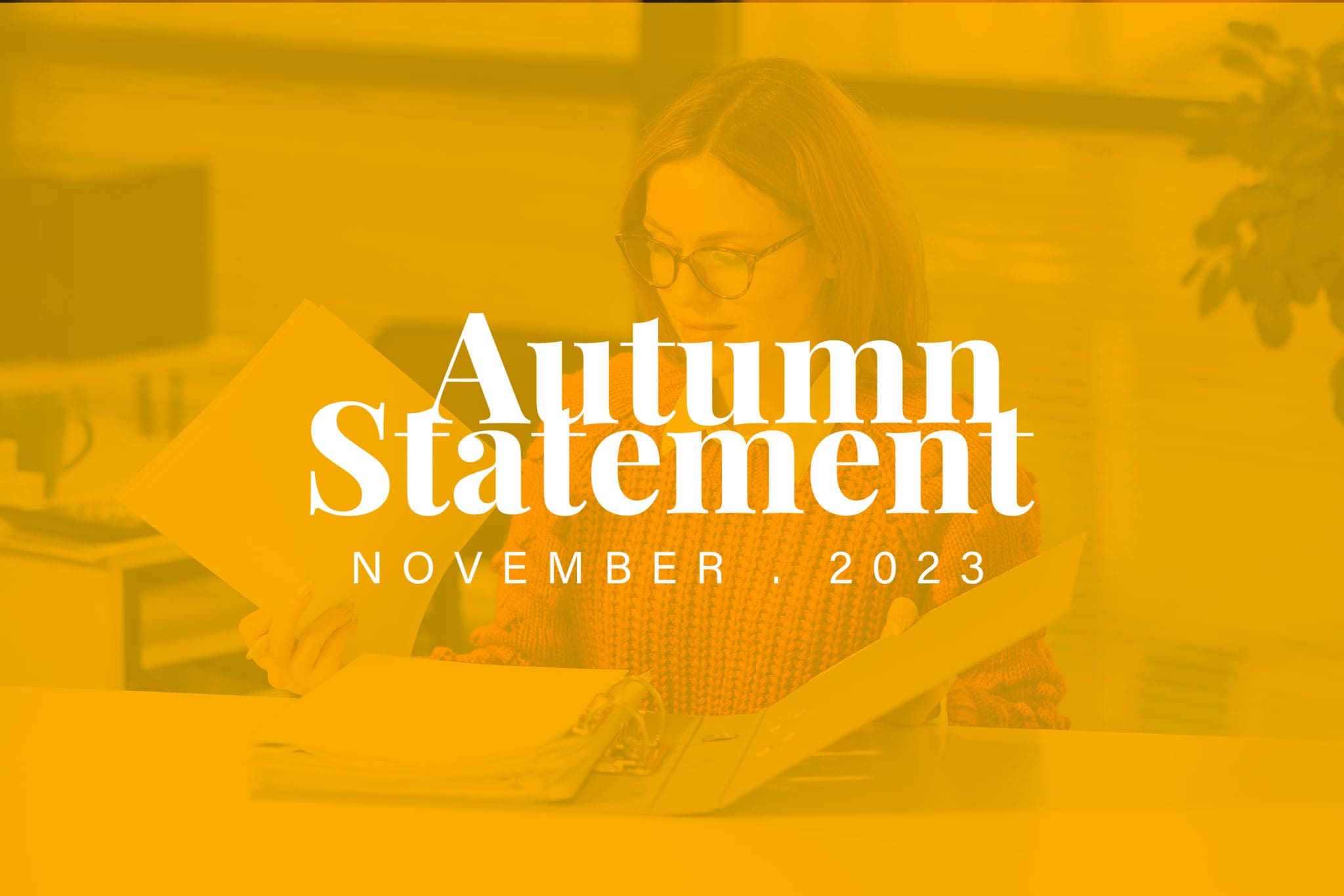13 min read

I. National Insurance (NI) and tax changes
1. No more Class 2 NI
2. Class 4 NI to be cut by 1%
The primary rate of Class 4 self-employed NI contributions will decrease from 9% to 8%, starting 6 April 2024, for self-employed people earning annual profits between £12,570 and £50,270.
3. Class 1 NI rate is reduced by 2%
From 6 January 2024, the Class 1 NI employee’s contribution rate reduces from 12% to 10% on earnings between £12,571 and £50,271. It will remain at 2% on salaries above that threshold. The Employer’s rate remains unchanged.
4. No SATR submissions for specific individuals
Individuals who only pay tax through PAYE will not have to submit a Self Assessment tax return (SATR) from the financial year 2024/25. Those in receipt of child benefit and earn above the £50,000 annual threshold will still have to submit one though. This High Income Child Benefit Charge (HICBC) threshold has remained unchanged since its introduction in 2013.
5. New legal rights of employees
Employees now have the legal right to ask their employers to pay their NI contributions to an existing plan. That way, all of their savings can be consolidated in one place.
II. Wage and pension-related
1. National Living Wage increases
It increases to £11.44 from April 2024, highlighting an increase of just over £1 from the current rate of £10.42 per hour. The new National Living Wage applies to workers aged 21 and above.
2. New rule for state pensions
The state pension will be set to £221.20 per week, starting from 6 April 2024, boosted by 8.5%.
III. Business operations and support
1. “Full expensing” to be made permanent
That means that the investments made by companies in qualifying plant and machinery will continue qualifying for a 100% first-year allowance for main rate assets, and a 50% first-year allowance for special rate (including long life) assets after 1 April 2026.
2. Extended relief for retail, hospitality, and leisure (RHL) properties
Around 230,000 RHL properties are eligible to receive cash support up to £110,000 per business for 2024/25 as the existing 75% relief for eligible RHL properties has been extended for the new financial year, reflecting a tax cut worth £2.4 billion.
3. Tax relief for loss-making businesses
4. The tax rate for small businesses remains unchanged in 2024-25
The standard multiplier tax rate has been steady at 49.9p for four consecutive years. However, in light of the recent September Consumer Prices Index (CPI), it is projected to increase, with the new rate expected to reach 54.6p.
5. Help available to tackle late payments
Companies seeking government contracts over £5m+ must show that they pay their purchase invoices within an average of 55 days. This timeframe will be reduced to 45 days in April 2025 and shortened to 30 days in the future.
IV. Accounting and reporting
1. Cash basis accounting changes from April 2024
- Establish cash basis accounting as the standard method for businesses while providing an option to opt out for those who prefer accrual accounting. This is a reversal from the current standard, which favours accrual accounting.
- Remove the £500 cap on interest expense deductions under the cash basis.
- Eliminate the turnover threshold, allowing all businesses to use cash-based accounting without a maximum limit.
- Lift restrictions on claiming relief for losses incurred using the cash basis method.
2. Making Tax Digital (MTD) requirements to simplify from April 2026
- Enabling landlords to opt out of submitting quarterly updates of their expenses, which relate to jointly owned properties. This will reduce their in-year administration.
- Removing the requirement to provide an End of Period Statement
- Enabling taxpayers using MTD to be represented by more than one tax agent
- Exempting some taxpayers, including those without an NI number from MTD





